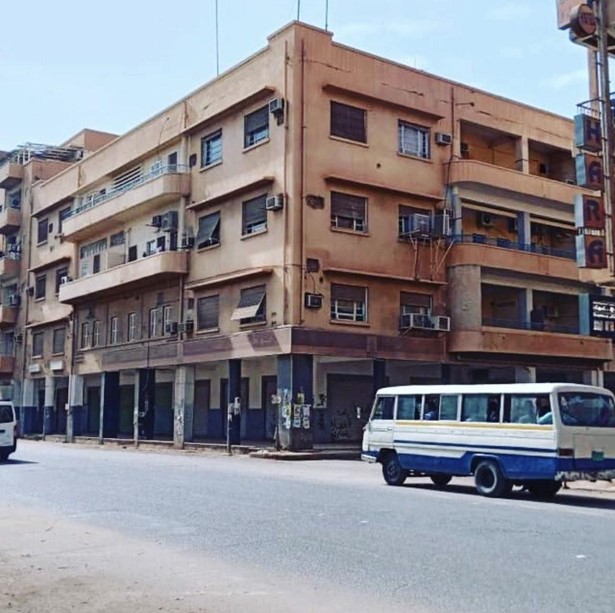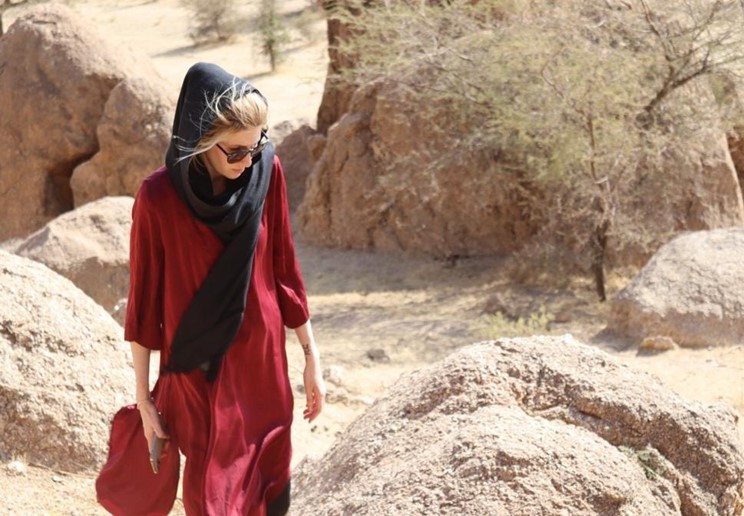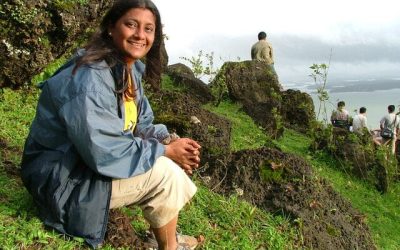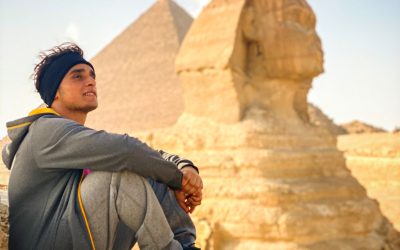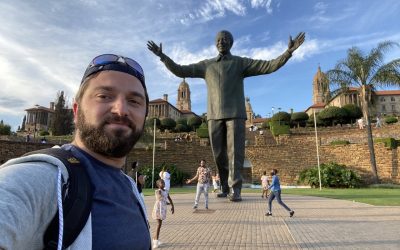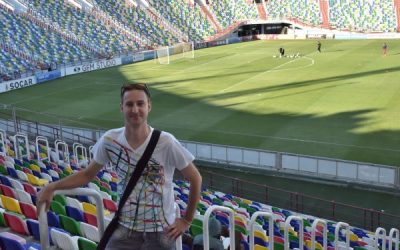Jacqui Kunz is an American traveller and education strategist who has been based in Sudan for the last eight years. In 2022 she won NomadMania’s Most Intrepid Traveller award. In her memoir based on the theme of mental health, she talks about finding and subsequently losing her home and what this means to her as a traveller and as a human. Jacqui shares her story in her memoir “Home.”
Home
I’ve often thought about what “home” means to me. Sudan has been my home for most of my adult life. Moving to the country at the age of 23 was one of the scariest things I had ever done up until that point, and still may be. I remember crying during my transit in Cairo thinking I had made a huge mistake. Back then, I had hardly travelled outside of the States, and this was the first time I had been in a culture so different from my own. If presented today with the same decision that I made almost a decade ago, I am afraid that I may not make the same choice. Though, now at 31, I am finding myself in a similar position.
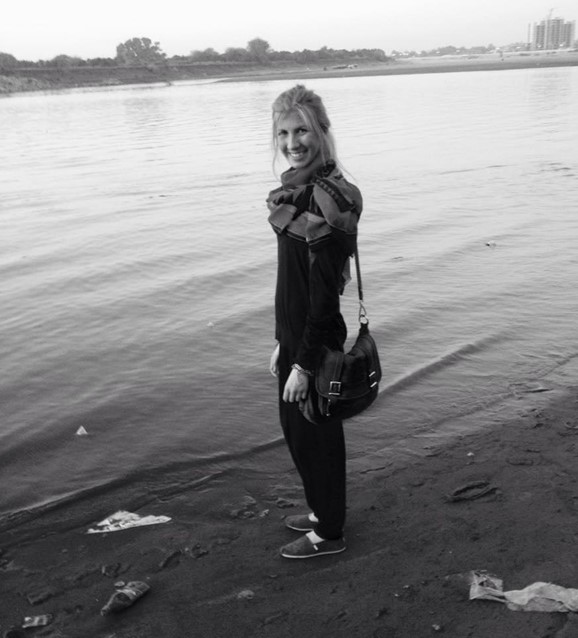
Over the last more than eight years, living in Sudan has become an intrinsic part of my identity, just as travel has. Everyone always assumes there is an interesting story about how I ended up in North Africa, but the truth is, there really isn’t. I have some rehearsed answers about wanting to learn Arabic or being interested in the culture, but it was really nothing more than an impulsive decision after a really bad day. I had only intended to stay for a maximum of six months, and I certainly had no intentions of settling.
But then, one day, I noticed that when I said “home” I no longer meant New York. “Home” now meant Khartoum.
It was this change that prompted me to ponder what “home” means to me and what “home” means to a traveller. Different people have told me different things: home is wherever their backpack is, their country of origin, where their family is, or simply a transit hub that they frequent. Someone even once told me that “home is where their shoes are.”
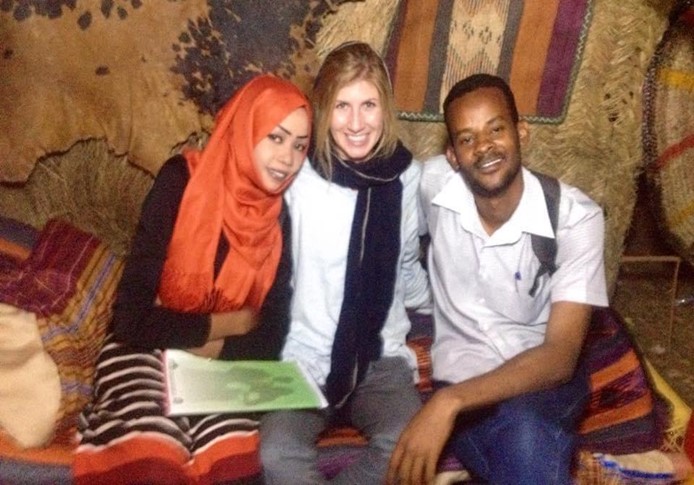
To me, home is the place that I can always return to, where I can go when I’m tired, and where the constants in my life remain. Having constants like friends, pets, belongings, and memories have kept me sane during long periods on the road. After too many months of travel, home has always been waiting and unchanged. It’s only been a plane ticket, a few shared taxis, some minibuses, and a couple of boda bodas away.
There has always been that feeling of comfort and familiarity when I first hear the Sudanese Arabic at the airport gate. Home has been spiced street coffee at my regular sitta shay on a calm Friday morning, the familiar smell of dust that seemingly infiltrated all my clothes, the ever-present hum of air conditioners, and the sound of souq stall doors sliding open every morning.
Do the homes we choose mean more or less than the ones we are born into? Are the Sudanese “my people” even though I come from somewhere else? This must be a question that any immigrant around the world has considered. When I’m asked, “where are you from?”, I always pause because saying New York feels wrong after so many years away but saying Sudan doesn’t feel quite right either. I’ve been pursuing Sudanese citizenship over the last six months. I thought that maybe having that piece of paper would tick that final box of “belonging.”
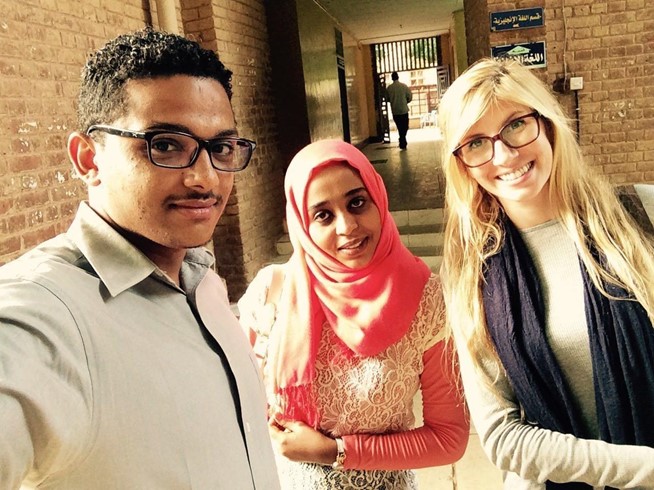
The war started in Sudan a few months ago. My apartment building was taken by the Rapid Support Forces militia, which you may know as the Janjaweed, the perpetrators of the genocide in Darfur. I lost my home, likely all my belongings, my work, one of my cats, and now my friends are scattered across borders. The things that make a place a home no longer exist for me in Sudan. The word “Khartoum” has started to carry the weight of words like “Mogadishu” or “Kabul.”
Living in Sudan was the main catalyst for my becoming a traveller. I was fascinated that I could connect so deeply with people from a place so different from where I came from. I started with countries around Sudan during my Ramadan and Eid holidays, then expanded my travels outwards from there, exploring most of the Middle East and the Horn of Africa by land, while watching the cultures change as the miles passed.
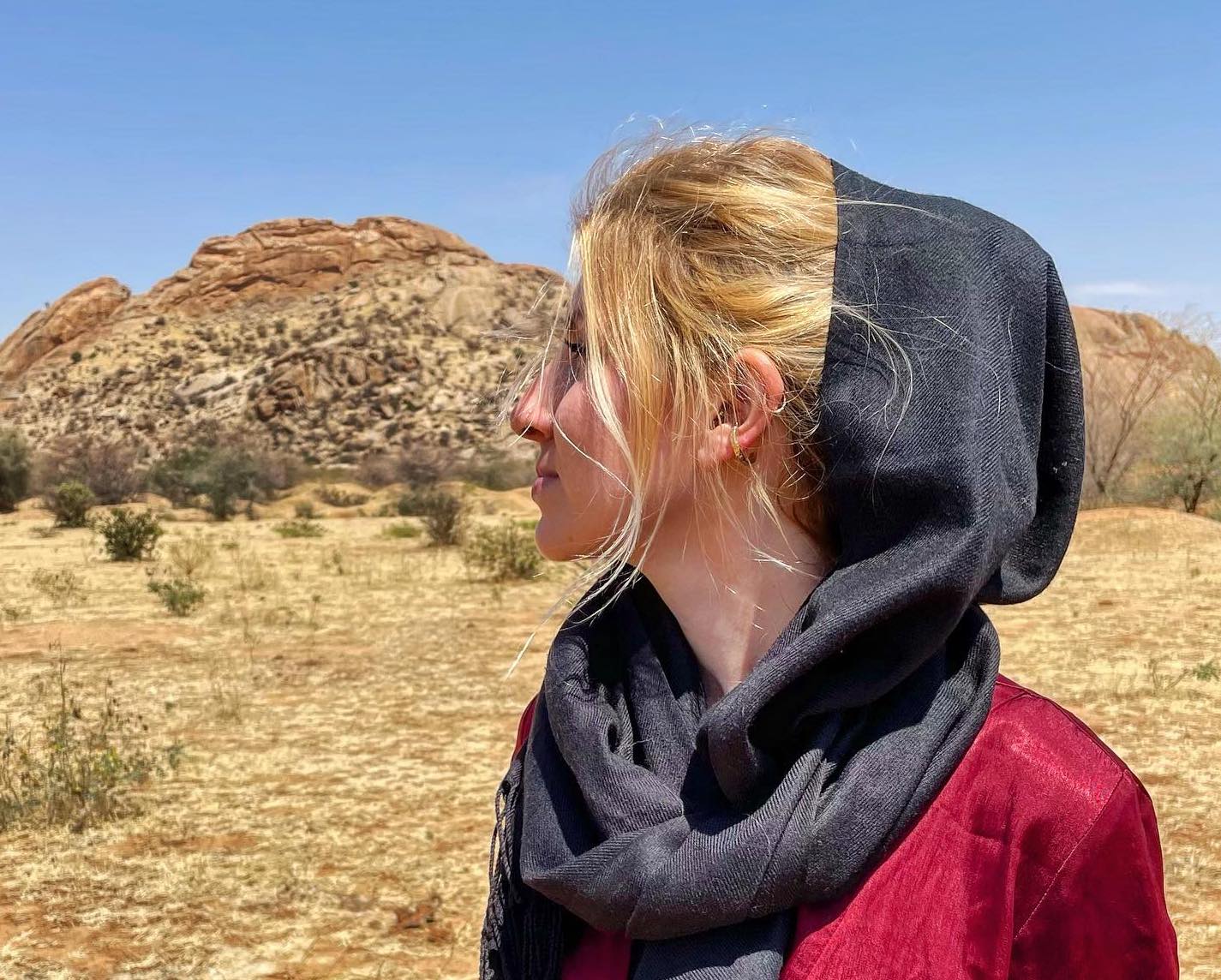
In recent years, I have travelled to countries like Iraq and Afghanistan, which are no stranger to war, conflict, and loss. They are countries that are no stranger to the “intrepid” traveller. The last few weeks of my life have made me stop to consider why those places attract travellers and whether we even so slightly consider what the people of those countries have been through when we visit. Are we more concerned about how wars impact the logistics of travel to these destinations and what bragging rights they give us for visiting them, or are we taking the time to learn about the hardships that the people from these places have faced?
I was given an award last year for travelling to Afghanistan as a female after the Taliban takeover. The concept of being intrepid has weighed on my mind a lot since then, and even more so now. When you travel to places that have fresh scars, whether you’re travelling for curiosity, for culture, to tick somewhere off, for attention, or to be the first to do so, remember that you’re travelling to someone’s home. Treat the place with the same empathy you would hope for if the roles were reversed.
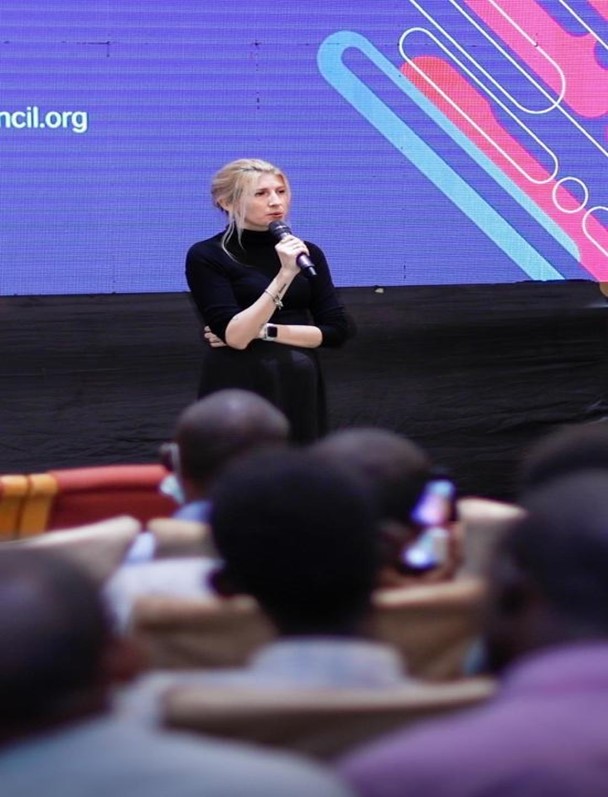
For the first time I think I understand a sliver of what the people in Iraq, Afghanistan, Ukraine, Karabakh, and so many other places around the world have experienced. And now I wonder, after this war, will my home become the next place travellers start to flock to?
It’s been surreal watching my home burn on tv. It’s been bittersweet running into friends crossing the border into Egypt. The grief has been cycling and has been confusing, interlaced with that modicum of hope that there might be something left to return to. Through this, I keep thinking that the only place I want to be while I’m going through this grief is home.
Now I’m sitting in Egypt with one of my cats wondering if I’m capable of starting again. This time around I have travelled much more than I had at the age of 23, and with the privilege of a US passport, I have a world of options to choose from. I’m hoping that one day somewhere feels like home again.
